From left: National chairman of PDP, Alhaji Adamu Mu'azu; Deputy senate president, Sen. Ike Ekweremadu; Secretary to the government of the federation, Sen. Anyim Pius Anyim; National secretary adviser, Retired Col. Sambo Dasuki; Minister os special duties, Alhaji Tanimu Turaki; Chairman, National honours award committee, Justice Alfa Belgore; President Goodluck Jonathan; Senate president, David Mark; Chairman, PDP board of trustees, Chief Tony Anenih and Chief Justice of Nigeria, Justice Mariam Aloma Mukhtar, at the 2013/2014 National honours award in Abuja on Monday.
“And the reason why we will talk about it is, first, we must let our people know that we cannot afford to go this way again. And this is the point we are making, that there is no country in the world, and we must know this; there is no country in the world that would allow its resources to be plundered in the way our own resources were plundered and expect to be economically viable; it is not possible. Nigeria is unlike any other country because of the level of corruption that was perpetrated. We must stop that corruption and that is why we are so committed.” — Vice President Yemi Osinbajo
At an event to mark the Queen’s 90th birthday at Buckingham Palace and to also probably brief her about his government’s preparation for the May 2016 anti-corruption summit in London, then Prime Minister David Cameron was caught on video camera telling the Queen that “we’ve got some leaders of some fantastically corrupt countries in the world” such as “Nigeria and Afghanistan” that are billed to attend the London Summit. While one may never know what the former British PM wanted the Queen to do with this piece of information about the high corruption credentials of these countries, he must — no doubt — have been mystified by the extent of corruption particularly in Nigeria going by the volume of cash seized from just a few corrupt elements since the advent of the Buhari administration. But thanks to the Archbishop of Canterbury, Justin Welby, who was also present when Cameron made this uncharitable but true remarks as he intervened on behalf of President Muhammadu Buhari when he said: “But this particular president is not corrupt… he’s trying very hard.” For Cameron to have deployed the “fantastically corrupt” phrase to characterize Nigeria there was also no doubt that the word “fantastic” was deliberately chosen for maximum effect globally, more so in the presence of one of the world’s most important personalities. One of the negative connotations of “fantastic” is something that is too remote from reality. And Nigeria’s corruption –thanks to Buhari’s audacity to nakedly expose the size of this monster and those Nigerians that are responsible for its feeding — is simply beyond comprehension. It is too remote from reality. So, Cameron couldn’t have been any more flabbergasted.
Fast forward to 2018 and “grand” is the new lexicon that has displaced Cameron’s “fantastic” characterization of Nigeria’s corruption by her Vice President Prof. Yemi Osinbajo. Unlike Cameron who probably couldn’t find any other word to explain Nigeria’s out-of-this-world corruption strain that he — like the rest of the world — read in the newspapers, Osinbajo must have seen mountains of documents not only as Nigeria’s vice president but by virtue of the many critical economic and investigative committees he has been spearheading for him to have described the country’s corruption during the 16 years of the Peoples Democratic Party (PDP), which reached its zenith during the 6 years of former President Jonathan in the saddle as “grand.”
Osinbajo has deployed this negatively unique adjective repeatedly at different fora to describe the type of corruption Nigerians couldn’t have imagined took place during the Jonathan years. At the recently concluded 10th edition of the annual colloquium for Asiwaju Bola Ahmed Tinubu at the Eko Hotels and Suites on Thursday, March 29, 2018, Osinbajo vividly brought home with anecdotal evidences, facts and figures of the “grand corruption” in the Jonathan administration that left many people in the audience shaking their heads in exasperation. In order to understand the full import of Osinbajo’s “grand corruption” in the Jonathan years, it is also important to pause momentarily to see how the dictionary describes this word. “Grand” is described, among others, as something “magnificent and imposing in appearance, size, or style” that denotes the “largest or most important item of its kind.”
Advertisement
Perhaps the “grand corruption” that ruled the roost in the Jonathan government was what Femi Falana, a lawyer and human rights activist, also had in mind when he disclosed at a training on anti-corruption monitoring and reporting organized by the anti-corruption situation room of the Human and Environmental Development Agenda (HEDA) that “Nigeria lost an estimated $200 billion from shady deals in the oil and gas sector.” Falana said that investigations in which he was a part revealed that “Nigeria’s stolen crude oil was diverted to a seaport in Philadelphia in the United States” where some “60.2 million barrels of oil valued at $12.7 billion was discharged in the US without the knowledge of the federal government.” Hear him: “I belong to a team of lawyers that has done some work on the stealing in this sector and we discovered that between January 2011 and December 2014, we got the information from the loading point and countries of the charge. In a Philadelphia port in US we discovered that in three years, 60.2 million barrels of oil were not recorded here (Nigeria) but recorded there in US for the purpose of taxation and valued at 12.7 billion dollars. That’s just one port in US. We have not gone to China yet, India, Britain, France and all the countries that our oil was taken to during that period when there was total collapse of values and integrity of our country. That was the period everyone was stealing our oil. Because we couldn’t convince the government, they ignored our finding.”
For a lawyer of international repute, the nation’s Number 2 man and a pastor close to a Nigerian clergy that’s well respected around the world to have stood in front a gathering of some of the most powerful Nigerians, representatives of multinational corporations and the diplomatic community to announce some of the unconscionable heists perpetrated under Jonathan’s watch, Osinbajo must also have been flabbergasted, if not mentally weighed down by the sheer volume of the corruption that if revealed, and the particular Nigerian leaders involved (some of whom are now against Buhari’s bid for re-election) could set the nation on fire.
But the most perplexing from all these mind-boggling revelations is that Nigerians are yet to come to terms with the fact that Nigeria’s virulent corruption strain is singularly responsible for the country’s stunted growth in virtually all its socio-economic and political facets, and everything in-between they can think of. So, if, according to the vice president (which is yet to be denied by the PDP or Jonathan) that “three billion US dollars was lost to something called the Strategic alliance contracts in NNPC… and never paid back.” And the Buhari government is “proposing foreign loans for the same 3 billion dollars…to build the Abuja-Kaduna-Kano road, 2nd Niger Bridge, Enugu-Port Harcourt road, East-West road, Sagamu-Ore-Benin road, Kano-Maiduguri road, Abuja-Lafia-Akwanga-Keffi road, and Lagos-Abeokuta,” then it goes without saying that corruption is the biggest problem militating against the country’s growth. Nigeria’s quest to building its human capital, which is a derivative of quality education and good health care system, amongst others, will continue to be nothing but fleeting illusion unless those responsible for its “grand corruption” are completely decapitated.
Advertisement
Nigeria is still in the shouting stage of the most unimaginable crime that a few privileged people committed against their country and its people that perpetrators of this criminal looting are increasingly surefooted to come back to power in 2019. Whereas, in most advanced democracies, most of these criminals and crooks would not only have since lost everything they ever acquired in their lifetimes, but spending the rest of their natural lives in jail — including Jonathan and his wife — by now. Laws banning these people from public office would also have since been passed while hundreds of books would have been written and several movies shot because of the sheer, unimaginable magnitude of the country’s corruption. What’s more, some ordinary citizens — driven into temporary insanity by the several billions stolen — would most probably have snuffed life out of some of these criminal elements that escaped jail terms through some legal technicalities and corrupt judges. China did not arrive at her present station as the second largest economic powerhouse in the world by chance. Anyone, no matter how highly placed, who is found guilty of corrupt enrichment in that country is simply shot and his properties confiscated. And his family would pay for the bullet(s) used in his execution. It is time for Buhari to become ruthless with these unrepentant criminals. They should be completely decimated financially so that they never come near power and public offices again. Recovering what they looted is not enough; Nigerians want them to spend the rest of their lives in jail. And the time is now!
Femi Odere is a media practitioner. He can be reached at [email protected]
Views expressed by contributors are strictly personal and not of TheCable.
1 comments
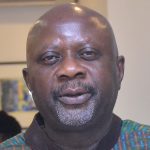
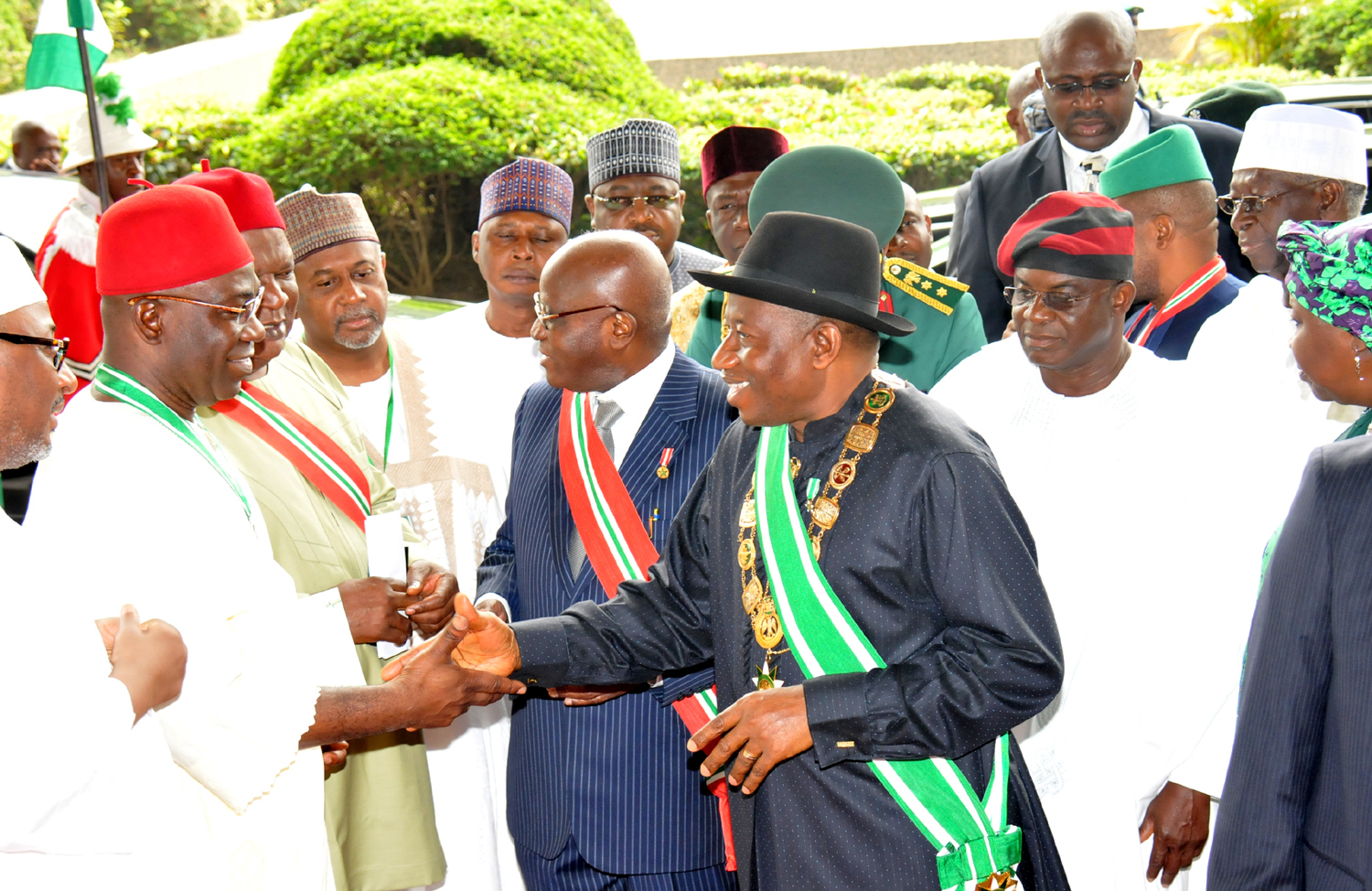
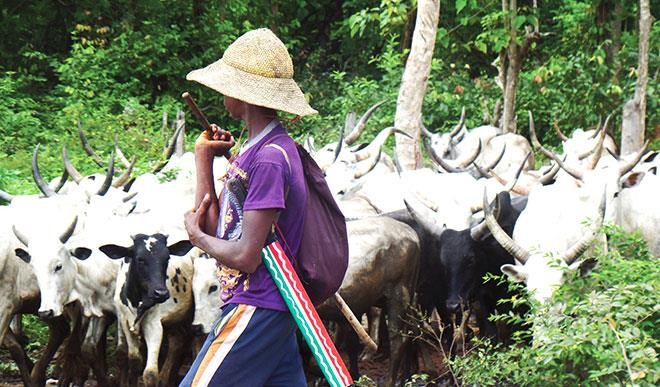
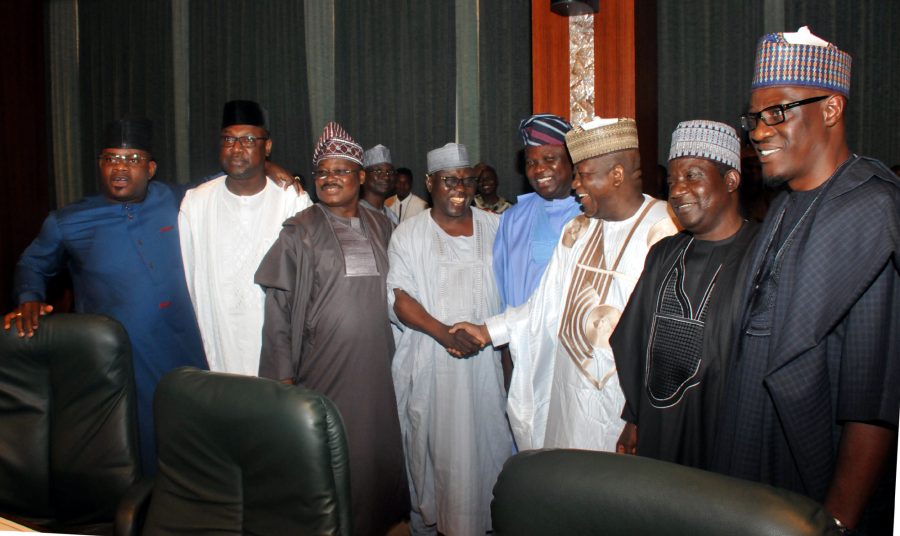
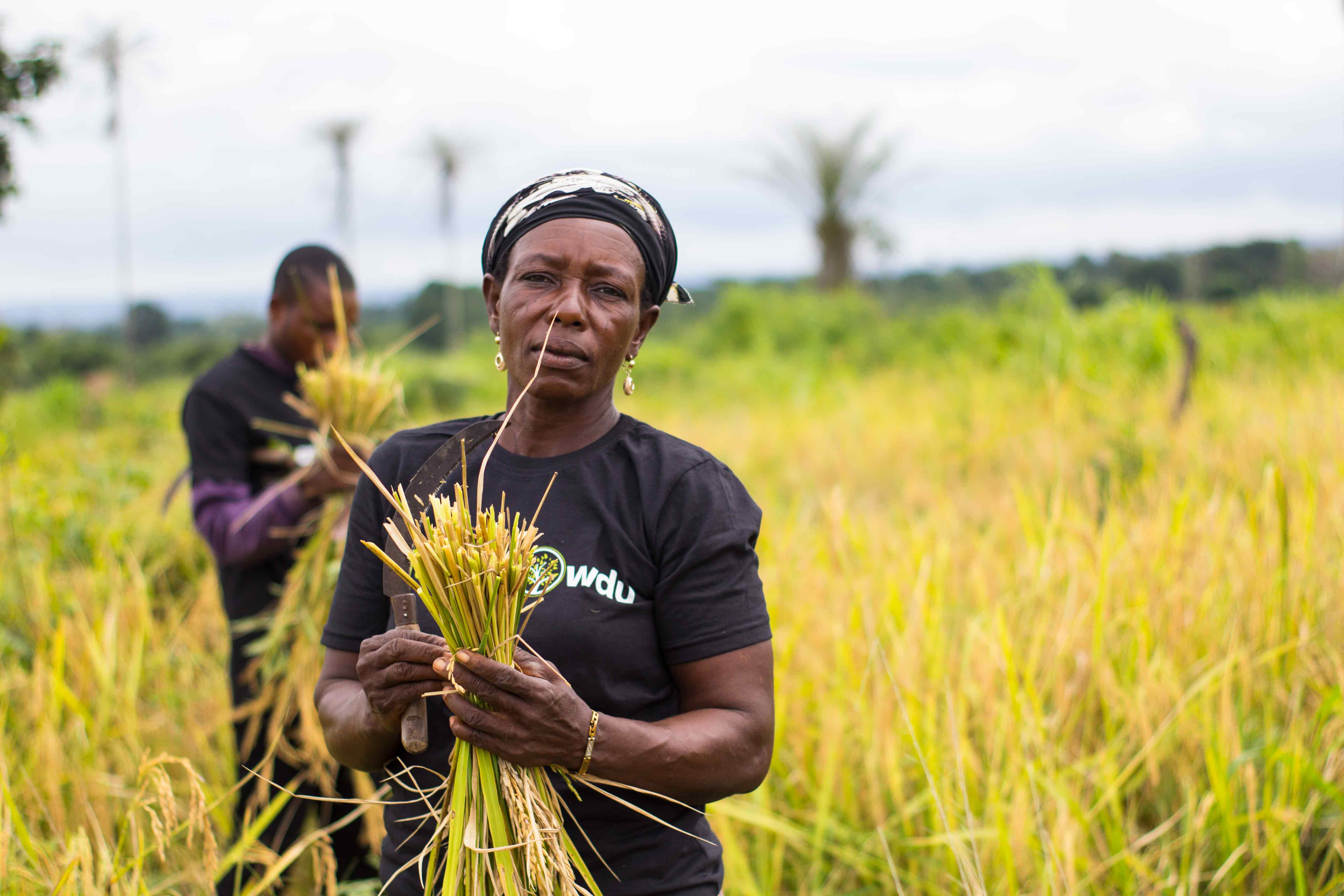

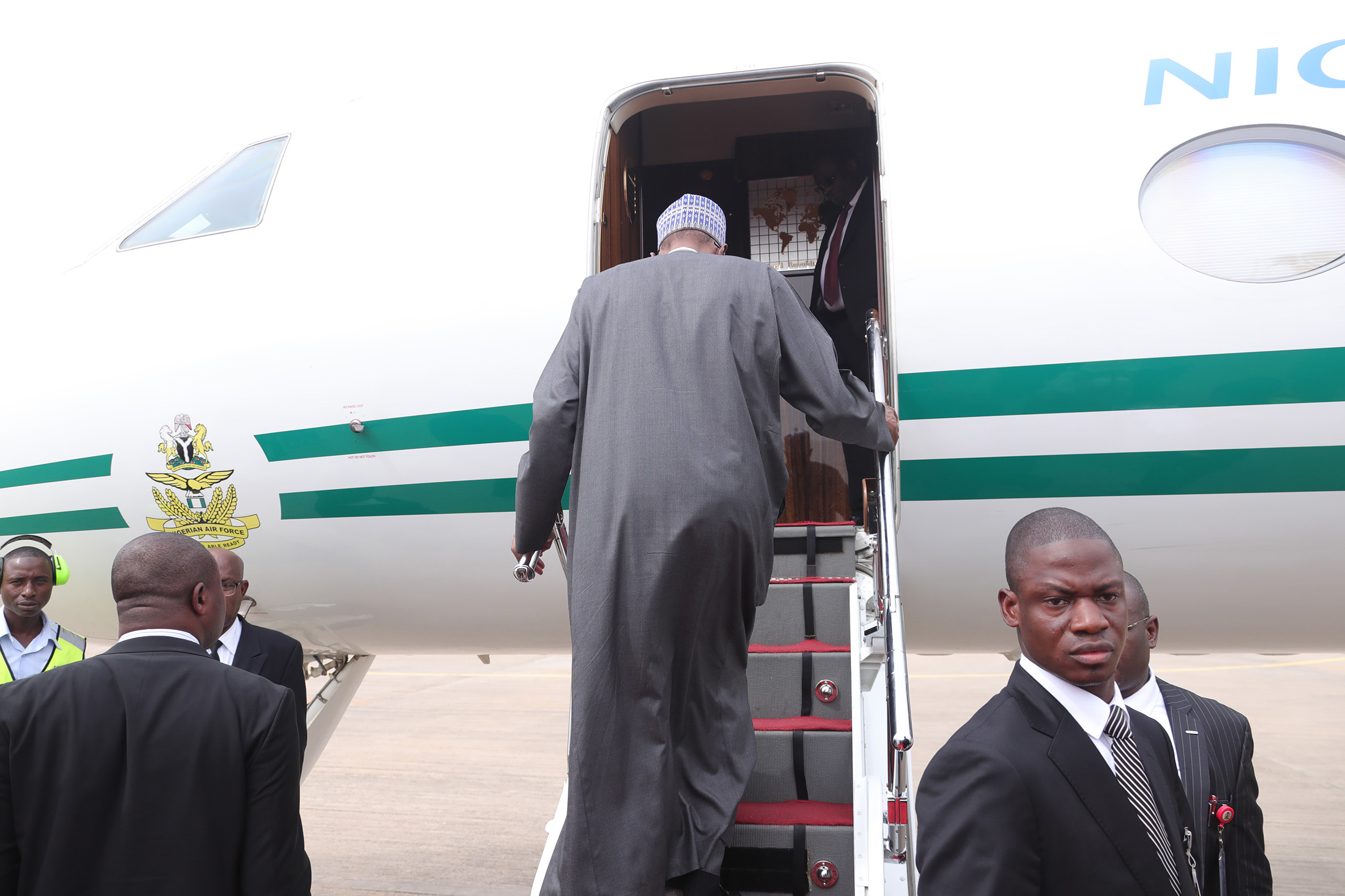
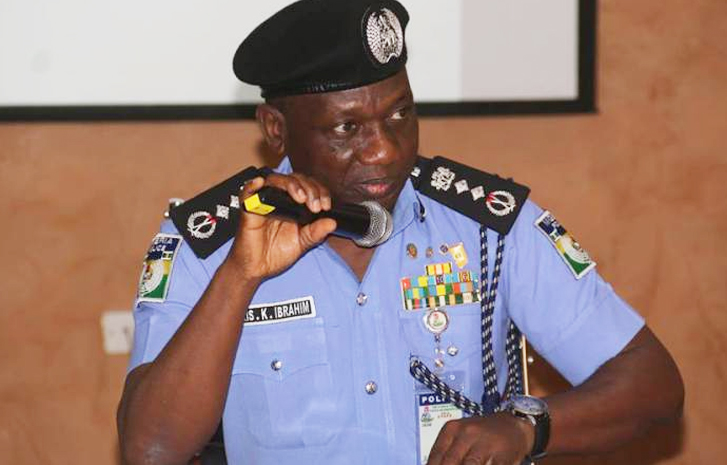
Only an insane man would apply a highly lethal poison on his foodstuff to exterminate pests while members of his household continue to feed on the same foodstuff. This is Buhari’s dilemma…too many grand past and present pests in the APC.